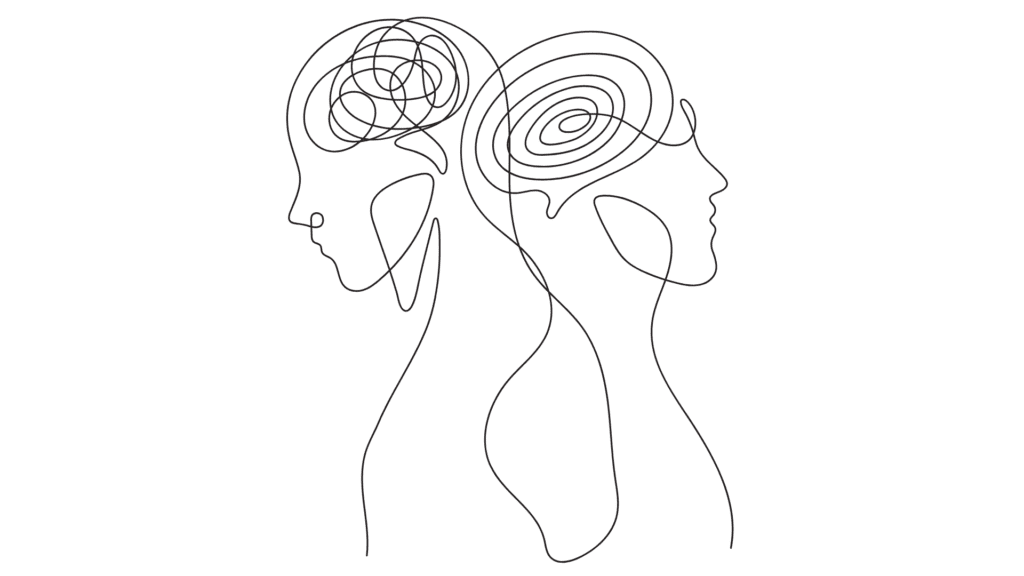Signs You Need Help for Substance Abuse: When to Seek Treatment

The use of drugs, alcohol, and even prescription medications at any time can lead to a situation where a person simply has no control over his or her life. At first, he or she may think that substances are just a way to have fun, beat boredom, or cope with stress, and that he or she can quit at any time. But the estimated 50 million Americans with substance abuse problems serve as an example that doing it on your own is not as easy as it seems. Because addiction is a disease. It can be cured, but you have to seek help. How do you know when it’s time to do it?
Signs of Addiction
How do you realize that there is already an addiction and active treatment action is required?
Here are the main symptoms:
- Repeated use of substances, even though it was originally intended to be a one-time experience.
- Increasing dosage to get the desired effect.
- Persistent thoughts of alcohol, drugs, or medications.
- Withdrawal syndrome when withdrawing from psychoactive substances: muscle and headaches, nausea, vomiting, depression, etc.
The more coincidences with the listed symptoms, the stronger the degree of addiction. At the same time, any of these signs is a significant reason to seek help. All you need to do is find a treatment center in California or any other state that provides drug treatment services. Then it is recommended to make an appointment for a counseling session and undergo an examination. Only specialists with experience can determine the severity of the disease and prescribe adequate treatment. This does not always mean a hospital stay — there are also outpatient treatment programs available.
Deterioration of Health Caused by Substance Use
The first thing that suffers from psychoactive substances is physical and mental health.
The most noticeable signs are the appearance of problems with the skin, cardiovascular system, kidneys, liver, and gastrointestinal tract. People with substance dependence tend to eat less and lose weight quickly. Depending on the way substances are used, the lungs, mucous membranes, and stomach may suffer more. When drugs are injected intravenously, the risk of infectious diseases increases.
Problems with mental disorders appear. To assess their presence independently is very difficult because of the impossibility of self-analysis under the influence of psychoactive substances, but other people can tell about it. It is usually accompanied by insomnia, depression, anxiety disorders and panic attacks.
The first thing that suffers from psychoactive substances is physical and mental health.
Among the most noticeable signs: the appearance of problems with the skin, cardiovascular system, kidneys, liver, gastrointestinal tract. People with substance dependence tend to eat less and lose weight quickly. Depending on the way substances are used, the lungs, mucous membranes, and stomach may suffer more. When drugs are injected intravenously, the risk of infectious diseases increases.
Problems with mental disorders appear. It is very difficult to assess their presence independently because of the impossibility of self-analysis under the influence of psychoactive substances, but other people or doctors can tell about it. Usually it is accompanied by insomnia, depression, anxiety disorders and panic attacks.
Why does this happen? The fact is that drugs and alcohol lead to imbalances within the body. Due to changes in biochemistry, thoughts, emotions, and behavior change. Psychoactive substances can provoke and worsen mental health conditions, for example, with prolonged abstinence, benzodiazepines or alcohol contribute to depression, and stimulants lead to anxiety disorders.
People with addiction experience extreme mood swings, hyperactivity followed by apathy, confusion, paranoia and schizophrenia.
Problems at Work or in Relationships
Addiction never makes life better. Relationships with family, friends and colleagues who do not use substances suffer. Constant thoughts about substances reduce productivity, which negatively affects studies and work. It becomes more and more difficult to find understanding from other people — they increasingly turn away from the sick person and prefer not to deal with him or her.
If you have faced something similar, it is time to ask for help in treatment. Family and friends can help with choosing the right clinic or doctor. They have a vested interest in getting you not only back to sobriety but also to recovery.
